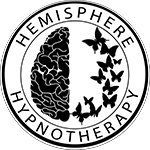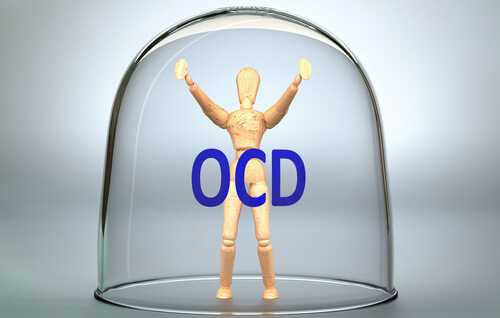Hypnotherapy for OCD
Having obsessive compulsive disorder (OCD) can be hard and at worst, crippling. Especially with a pandemic going on, even just the thought of riding public transport or going out to work is enough to give you anxious thoughts, right? So, let’s talk about how you can use hypnotherapy for OCD.
But first, how common is OCD?
There are approximately 2.2 M in the US suffering from OCD, and that’s about 1% of the population according to the Anxiety & Depression Association of America. Women are as much affected as men. Moreover, OCD symptoms typically show at 14 years old.
What is OCD?
Now, many people might think having OCD as being really organized, being a neat freak or a perfectionist. But actually, OCD is an anxiety disorder rooted in worrisome thoughts (obsessions) that push people to perform a ritual (compulsion) in an attempt to get rid of those thoughts. Say for instance, an average person might check that their front door’s locked before going to bed, probably once. But someone struggling with OCD might have the obsession that somebody’s going to rob the house tonight. And so, she has to lock and unlock the door 37 times to feel satisfied.
Can you imagine how debilitating that can be?
And she can’t do anything but do that ritual before she goes to sleep. Because if she tries to stop, she’ll feel more anxious and agitated. She knows her actions don’t make sense but she can’t help it.
Sometimes the compulsions can be counting, cleaning or repeating words.
As for why people get OCD, there are a number of risk factors. It can be genetic predisposition, other neurologic or mental health disorders, too much stress, and even pregnancy.
Why Consider Hypnotherapy for OCD
Hypnotherapy is a form of alternative or complementary treatment that can help you gain more control through suggestions. The trained therapist will guide you to a relaxed but receptive state. In addition, he or she will help you visualize rich mental images that can help you towards your goals.
It’s been used for treating insomnia, irritable bowel syndrome (IBS), smoking, anxiety, and other illnesses. In a 2021 study, hypnosis was shown to be promising in treating a patient with OCD stemming from a traumatic brain injury.
While there are standard treatments available for OCD such as medication and cognitive behavioral therapy (CBT), here are some reasons you might want to look into hypnosis as complementary treatment for OCD:
Hypnotherapy can help calm you
During the session, your hypnotherapist can help you relax and let go of your worrisome thoughts. You might find your muscles letting go of tension, your breathing regular, and your heartbeat calm. The effects can be similar to medication.
Hypnotherapy may help resolve deep childhood trauma
When you’re in the dreamlike state, the hypnotist may delve into your past and perhaps uncover the trauma that brought about your OCD. That’s why when you’re looking for a practitioner, consider an experienced clinical hypnotherapist.
Hypnotherapists can use regression therapy to go back to that past event that triggered that condition. Then you need to work through it by taking out the emotions or feelings from that particular scenario.
Hypnosis can help change your thinking pattern
Lastly, the hypnotherapist can help change how you think. One of the ways they may use is a technique called hypnoprojectives wherein you get to “watch” someone who’s going through a similar situation. And in this way, your subconscious might be prompted to come up with creative solutions.
Moreover, hypnotherapy can help to pinpoint certain unhelpful patterns and embrace more healthy ones.
So, if you need help dealing with unsettling thoughts and anxiety, just book a session here.
Note: This is for informational purposes only and not medical advice.

